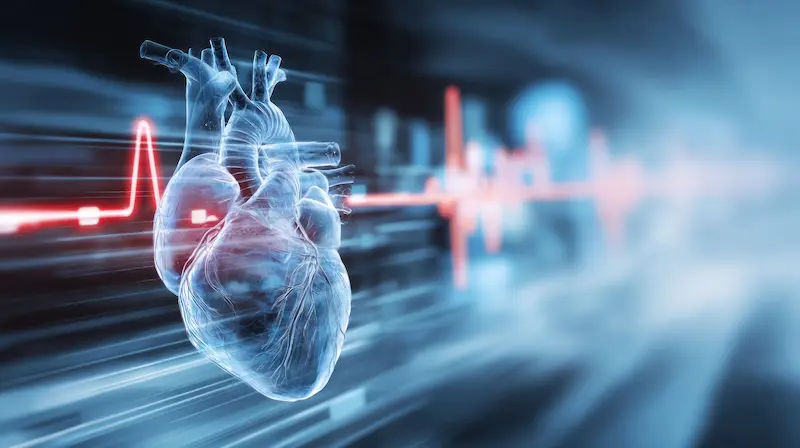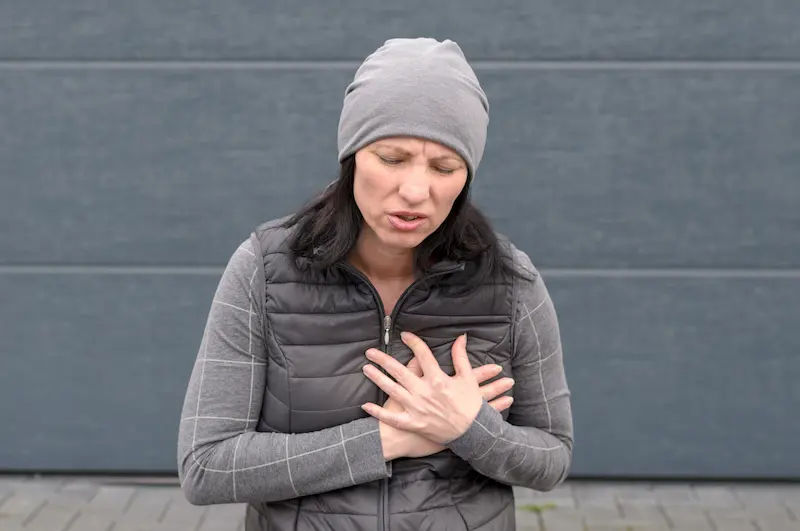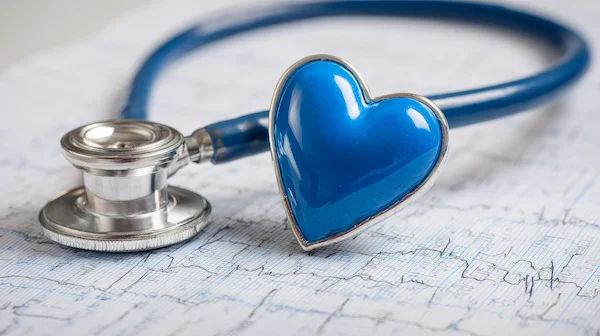- male
- 30 Years
- 22/01/2025
I'm really worried about my brother. He had COVID-19 a few months back, and he's still dealing with some tough symptoms like a racing heart rate, tremors, tinnitus, and fatigue. Hes only 30 and was super healthy and fit before all this. His echo was normal a while ago, but the cardiologist did mention arrhythmia back then. Lately, he's been feeling chest pain just from walking or climbing stairs, and his heart rate shoots up to 150-180. It's affecting his daily life a lot post-COVID. We got an NT Pro BNP test done, and it came back at 160. Could this be an early sign of heart failure? Should we look into more tests or anything else?
Answered by 1 Apollo Doctors
"Based on the symptoms your brother is experiencing, along with the elevated NT Pro BNP levels, there may be concerns about the possibility of heart failure. It is important to further investigate and monitor his condition. I recommend consulting with a cardiologist for a thorough evaluation. In the meantime, to help manage his symptoms, he can be prescribed with medication such as Carvedilol 6.25mg twice daily to help reduce heart rate and improve heart function. Additionally, he can take Furosemide 20mg once daily to help reduce fluid buildup in the body. These medications can help alleviate his symptoms and improve his quality of life. It is also important for him to follow a low-sodium diet and avoid strenuous activities. Regular follow-ups with the cardiologist are essential to monitor his condition and adjust treatment as needed."
Dr. Ranjith Suggests...
Consult a Cardiologist
Answered 04/07/2025
0
0

More Cardiology Health Queries
View allI've been having this discomfort in my left arm and shoulder that doesn't get worse when I exercise, and resting doesn't seem to help either. Plus, I've been experiencing sudden breathing difficulties along with sweating every couple of evenings, and it's really exhausting, but strangely, no chest pain like a heart attack. These symptoms were there about a year ago but felt less frequent. Now, it's been more than a month and it's happening more often. A year back, my ECG, ECHO, TMT, and Holter tests came back normal, along with normal TSH, lipid profile, vitamin D levels, etc. The doctor thinks it might be panic attacks, but why do I still have this persistent arm pain? If it was a heart issue, shouldn't there have been complications by now? What do you think I should do?
Persistent discomfort in your left arm and shoulder, along with symptoms like sudden breathing difficulties, sweating, and exhaustion, can be concerning. While it's reassuring that your ECG, ECHO, TMT, and Holter tests were normal, and your doctor suggested panic attacks, persistent and worsening symptoms warrant further evaluation. It's important to follow up with your healthcare provider to reassess your condition and rule out other potential causes, such as musculoskeletal issues, nerve compression, or even conditions like GERD or anxiety disorders. Discuss your ongoing concerns with your doctor to ensure a comprehensive evaluation and appropriate management plan.
Answered by 1 Apollo Doctors
I'm a 57-year-old man and I've just been diagnosed with high blood pressure. My doctor has prescribed telmisartan 40mg once daily. I'm wondering how long it might take for my blood pressure to get back to normal levels. Should I be concerned if there aren't any immediate changes?
It will take atleast 3-6 weeks .
Answered by 1 Apollo Doctors
I'm really worried. My friend just stopped taking Cilidin, Angiplast 6.4, and Jalra tabs all at once. What could happen to them? Is there something specific we should watch out for or do?
fatigue, nausea, palpitations,flushing ,sswelling or edema,vertigo ,weakness, dizziness, hypoglycaemia,sweating, tremors and nausea are some of the side effects of the medications ,, so better to continue all th e medications is advised..
Answered by 1 Apollo Doctors
Disclaimer: Answers on Apollo 247 are not intended to replace your doctor advice. Always seek help of a professional doctor in case of an medical emergency or ailment.




_3.webp)
